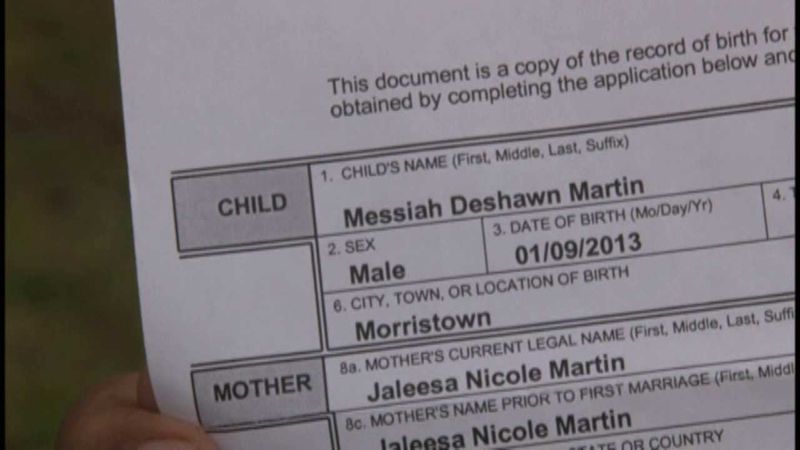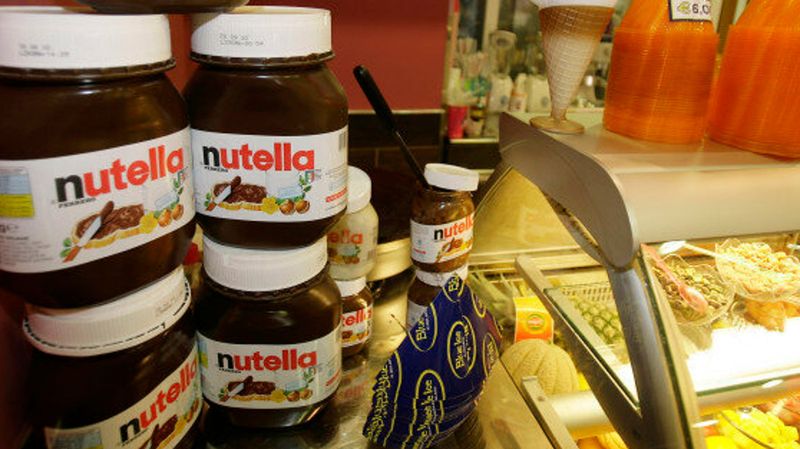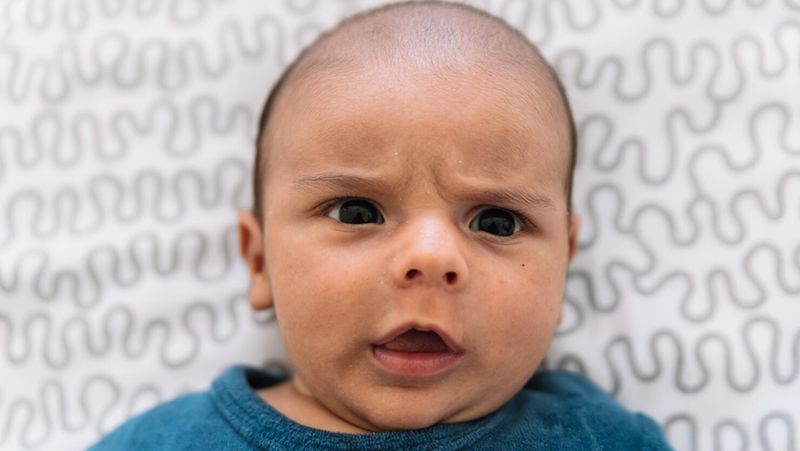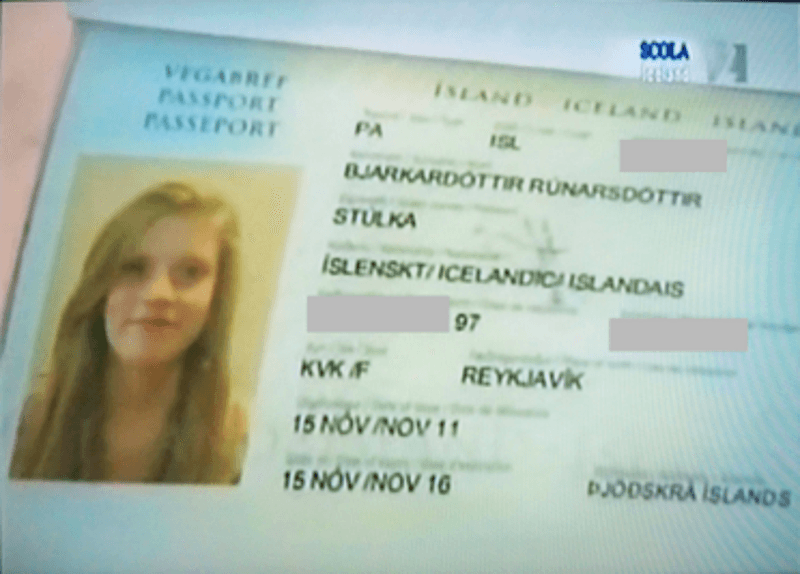Naming a child is a cherished tradition that reflects personal values, family heritage, and sometimes, creativity. However, what happens when a name you adore is met with legal barriers? Across the United States, certain baby names are deemed unacceptable, resulting in legal challenges by determined parents.
This post explores eight unique names that have been banned in various states, yet parents continue to advocate for their acceptance. These names, whether for their historical significance, unique spellings, or cultural meanings, have sparked debates about personal freedom and societal standards. Join us as we delve into the intriguing world of banned baby names.
1. Messiah

In Tennessee, the name ‘Messiah’ was banned, stirring debates over religious freedom and personal choice. The controversy began when a judge ordered parents to change their child’s name, citing its religious connotations.
Despite this, many parents argue that the name symbolizes hope and divine favor, making it a popular choice.
The ruling was eventually overturned, showcasing the tension between traditional values and modern naming trends. Messiah continues to be a name parents fight for, seeing it as a powerful expression of faith and hope.
2. Nutella

In France, naming a child ‘Nutella’ was banned after a court deemed it could lead to teasing. The name, inspired by the popular hazelnut spread, was seen as unconventional and potentially harmful.
Parents argue that it reflects their love for the product and desire for a unique name. Despite legal rejection, the debate highlights cultural differences in naming conventions.
This case sparked discussions on how consumer brands influence identity and the balance between creativity and societal norms in naming children.
3. Cyanide

The UK saw a controversial case when parents attempted to name their child ‘Cyanide.’ The courts intervened, arguing the name could cause significant distress due to its association with poison.
Parents claimed it symbolized a fresh start and breaking free from past troubles. However, the court’s decision reflected concerns over the negative connotations impacting the child’s welfare.
This case raises questions about the limits of symbolic naming and the responsibilities of parents when choosing names that might carry heavy historical baggage.
4. Brfxxccxxmnpcccclllmmnprxvclmnckssqlbb11116

In Sweden, parents challenged the system with the name ‘Brfxxccxxmnpcccclllmmnprxvclmnckssqlbb11116,’ pronounced as ‘Albin.’ This name was a protest against Sweden’s strict naming laws.
While the courts rejected it, citing practicality issues, the case highlighted tensions between state policies and personal freedoms.
Parents wanted to make a point about the arbitrary nature of naming regulations, sparking a conversation on how much control governments should have over personal choices like baby names.
5. Talula Does The Hula From Hawaii

In New Zealand, the name ‘Talula Does The Hula From Hawaii’ was banned for being too cumbersome and potentially embarrassing. The court intervened to protect the child from ridicule.
Parents saw it as a fun, unique name reflecting their love for Hawaiian culture. However, it raised issues about the impact of whimsical names on identity.
This case became a landmark in highlighting the challenges of balancing creativity and practicality in naming, ensuring names are a source of pride, not embarrassment.
6. Robocop

Mexico banned the name ‘Robocop’ to prevent potential bullying. The name, derived from the iconic film, was seen as an invitation for ridicule.
Parents argued it was a tribute to the heroism and justice embodied by the character, wanting their child to emulate these traits. Despite this, the courts prioritized the child’s welfare over creative expression.
This ban reflects the ongoing debate over pop culture’s influence on naming and how iconic characters can inspire, yet also pose risks for children’s social experiences.
7. Linda

Germany’s ban on ‘Linda’ was tied to strict naming laws aiming to avoid confusion over gender. The name was temporarily restricted for its ambiguous nature.
Many parents sought to revive the name, arguing it is classic and carries a positive, charming vibe. The restrictions sparked a debate over traditional versus modern interpretations of names.
This situation underscores the tension between historical naming conventions and evolving societal perspectives on gender and identity in names.
8. Harriet

In Iceland, the name ‘Harriet’ faced a ban due to its non-conformity with the national naming registry, which mandates names to fit Icelandic grammar.
Parents felt the name honored family heritage, but the court emphasized linguistic integrity. This issue underscored the importance of cultural preservation in naming laws.
The case of Harriet highlights the complexities of maintaining cultural identity while embracing global influences, as parents navigate naming laws in a rapidly changing world.

Well, hello there!
My name is Jennifer. Besides being an orthodontist, I am a mother to 3 playful boys. In this motherhood journey, I can say I will never know everything. That’s why I always strive to read a lot, and that’s why I started writing about all the smithereens I came across so that you can have everything in one place! Enjoy and stay positive; you’ve got this!

